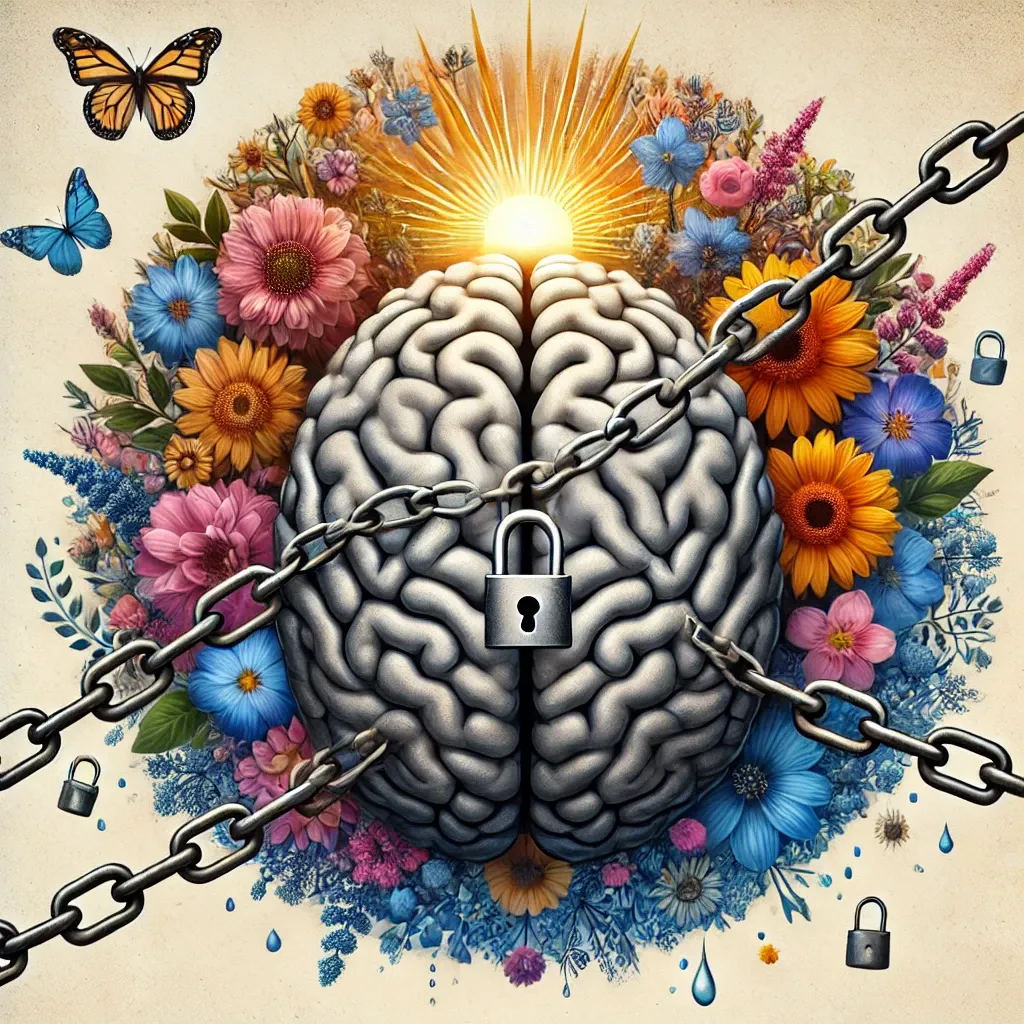In today’s fast-paced world, emotional resilience has become more important than ever. The ability to bounce back from life’s setbacks, manage stress, and keep a balanced emotional state can make a huge difference in our overall well-being. But what happens when this resilience seems out of reach? This is where counseling psychology comes in. It’s not just about talking through your problems; it’s about equipping you with the tools to build emotional strength and thrive. In this article, we’ll explore how counseling psychology can significantly improve emotional resilience and enhance your life.
What Is Emotional Resilience?
Emotional resilience refers to the ability to adapt to stressful situations or crises. It’s like an emotional muscle that helps you recover quickly from adversity. When you’re emotionally resilient, setbacks and disappointments don’t define or overwhelm you. Instead, you find ways to cope, adjust, and move forward.
Why Is Emotional Resilience Important?
Think of emotional resilience as your mental immune system. Just like your body fights off infections, your emotional resilience fights off the negative effects of stress, anxiety, and trauma. Without resilience, even small challenges can feel monumental, potentially leading to burnout, anxiety, or depression.
How Counseling Psychology Can Help Build Emotional Resilience
Counseling psychology is a branch of psychology focused on providing therapeutic techniques to improve personal and interpersonal functioning. It addresses emotional, social, vocational, and developmental concerns. Through counseling psychology, individuals can build emotional resilience by learning coping mechanisms, improving emotional intelligence, and developing healthy thought patterns.
1. Recognizing Emotional Patterns
The first step in counseling psychology is recognizing negative emotional patterns. Are you constantly anxious, or do you always anticipate the worst? A counselor helps you identify these patterns, which is essential for breaking them.
2. Developing Healthy Coping Mechanisms
Many people rely on unhealthy coping mechanisms like overeating, substance abuse, or avoidance. Counseling provides healthier alternatives—like mindfulness, journaling, or even simple breathing exercises. These tools can make stressful situations easier to handle, building your resilience.
3. Managing Stress Effectively
Stress is a natural part of life, but if left unmanaged, it can tear down emotional resilience. Counseling psychology teaches you effective stress management strategies, such as time management, relaxation techniques, and reframing negative thoughts, making life’s challenges seem less overwhelming.
4. Improving Self-Awareness
Understanding your triggers and emotional responses is crucial for emotional resilience. Counseling sessions can help increase self-awareness, which in turn makes it easier to catch emotional reactions before they spiral out of control.
5. Enhancing Emotional Intelligence
Emotional intelligence (EI) refers to the ability to recognize, understand, and manage your own emotions, as well as the emotions of others. Counseling helps improve EI, making you more adaptable, empathetic, and socially aware. This, in turn, makes it easier to handle stressful social interactions and personal challenges.
6. Reframing Negative Thoughts
Many people struggle with negative thinking—automatic, unhelpful thoughts that lead to feelings of helplessness. Counseling psychology teaches you how to reframe these thoughts and look at them from a different, more positive perspective.
7. Building Stronger Relationships
Emotional resilience isn’t just about dealing with your internal world; it’s also about how you interact with others. Counseling can improve your communication skills and help you build more meaningful, supportive relationships, which are key to emotional well-being.
8. Learning Mindfulness Techniques
Mindfulness is a powerful tool that counseling often incorporates to improve emotional resilience. By staying present in the moment and acknowledging your feelings without judgment, you reduce stress and gain better control over your emotional reactions.
9. Setting Realistic Goals
Part of emotional resilience is having a sense of purpose and direction. Counseling can help you set realistic, achievable goals. When you have clear objectives, it’s easier to remain focused and motivated, even in challenging times.
10. Boosting Self-Confidence
Low self-esteem can weaken emotional resilience. Counseling works on building your self-confidence through positive affirmations, small wins, and learning to value your strengths. The more confident you feel, the more capable you’ll be in overcoming emotional difficulties.
Conclusion: Strengthening Emotional Resilience with Counseling Psychology
Emotional resilience doesn’t happen overnight. It’s built slowly, through practice, self-awareness, and support. Counseling psychology provides the framework and tools you need to strengthen your emotional resilience, helping you manage stress, recover from setbacks, and live a more balanced, fulfilling life. Whether you’re struggling with day-to-day stress or deep-rooted emotional issues, counseling psychology can be a game-changer for your emotional well-being.
